Races of Leslie
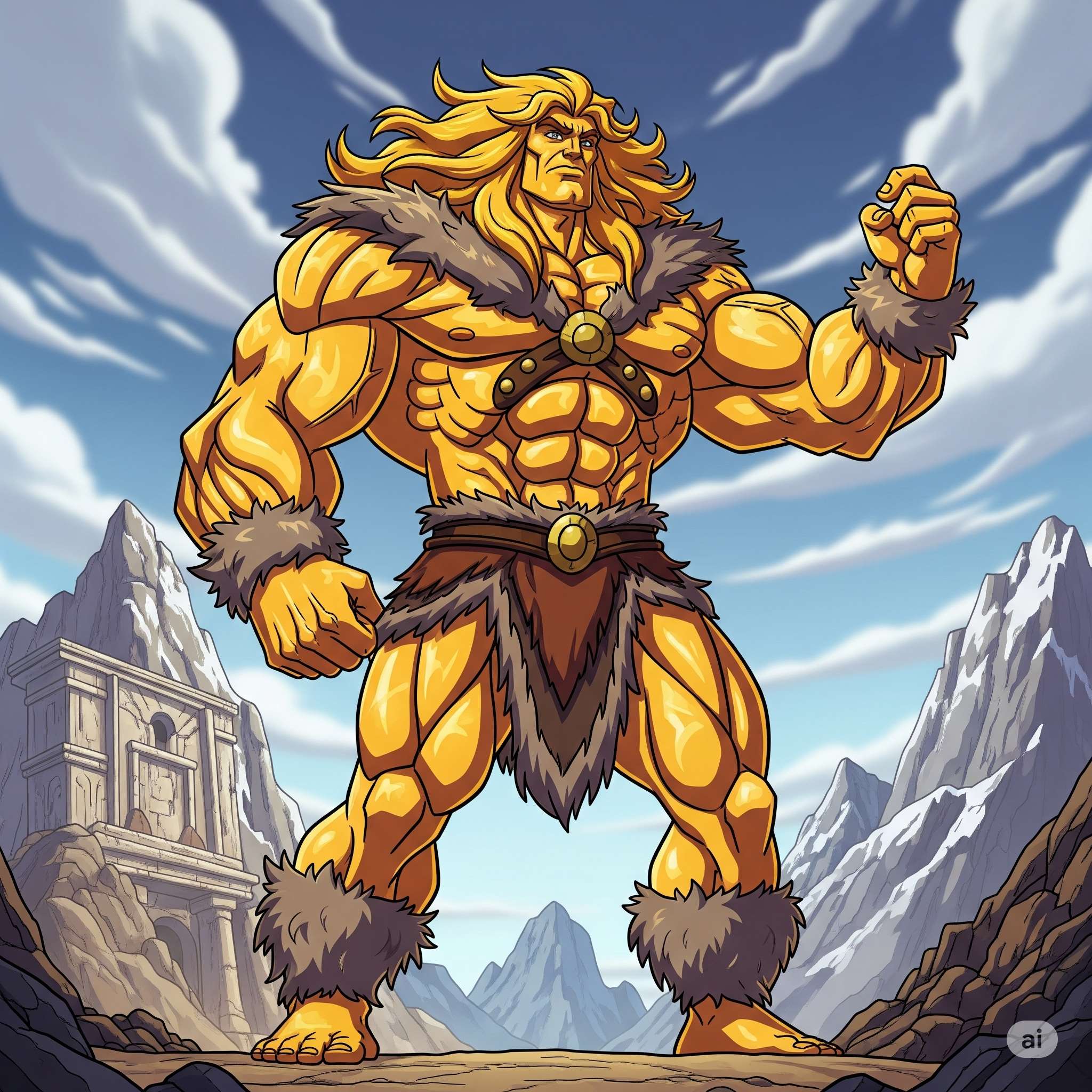
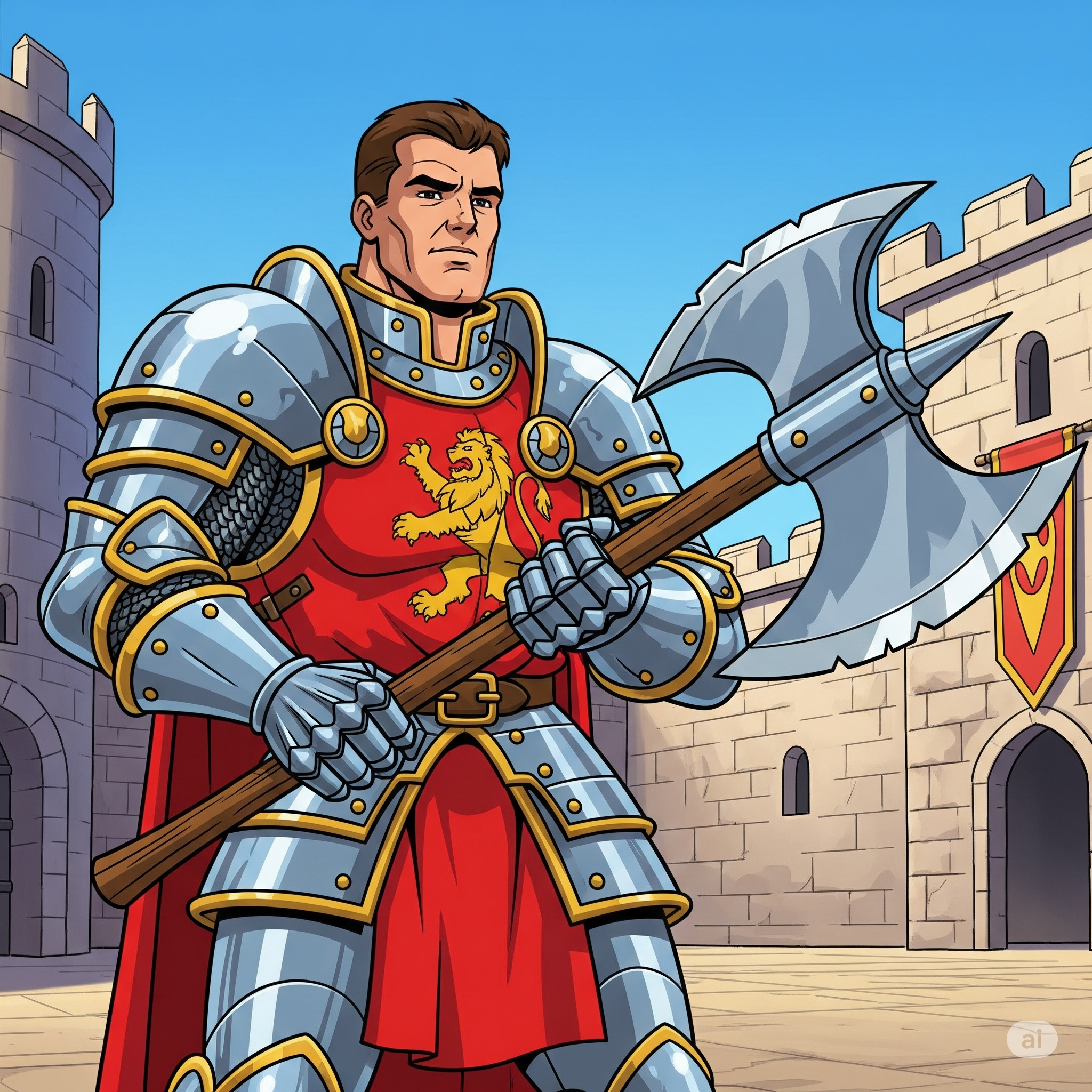
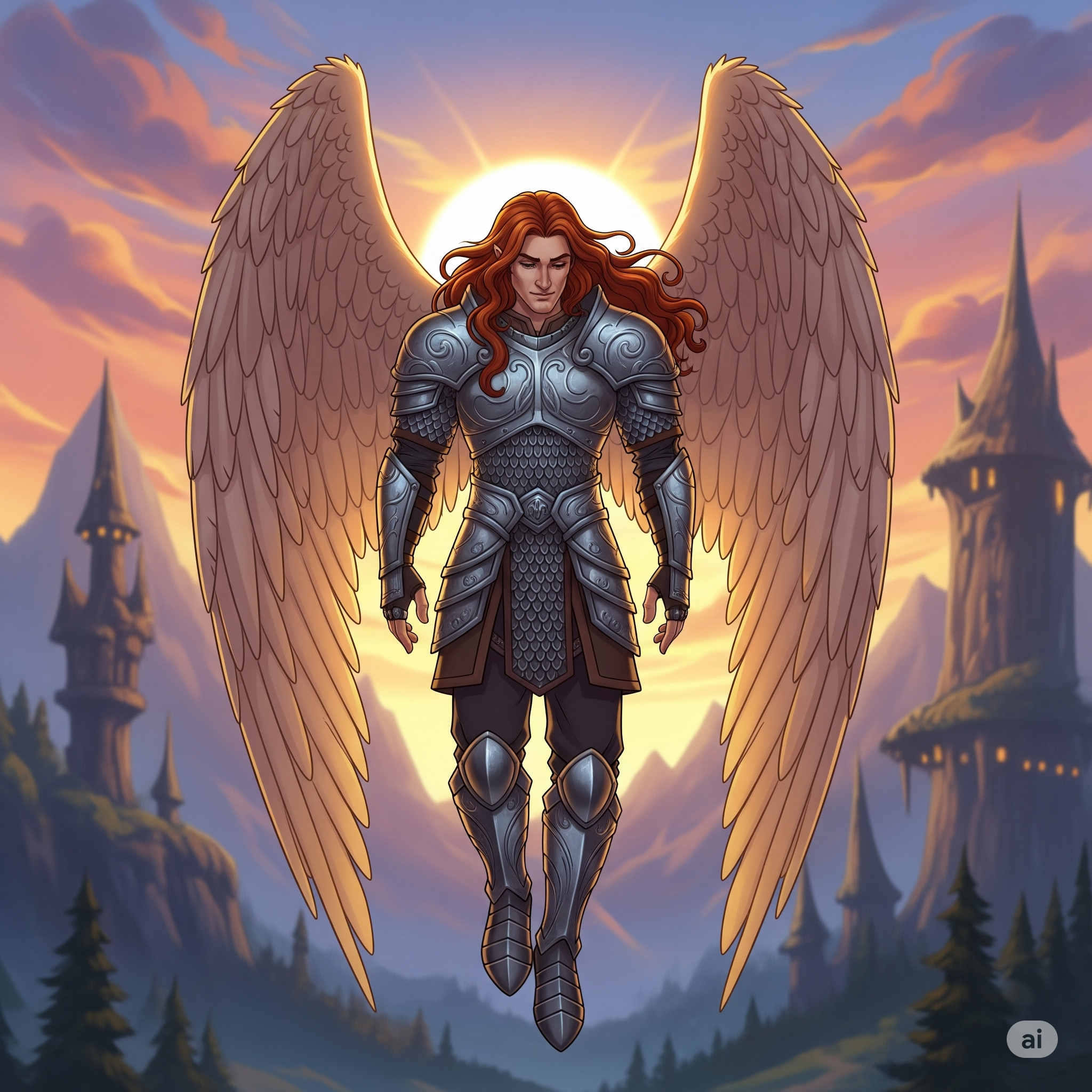
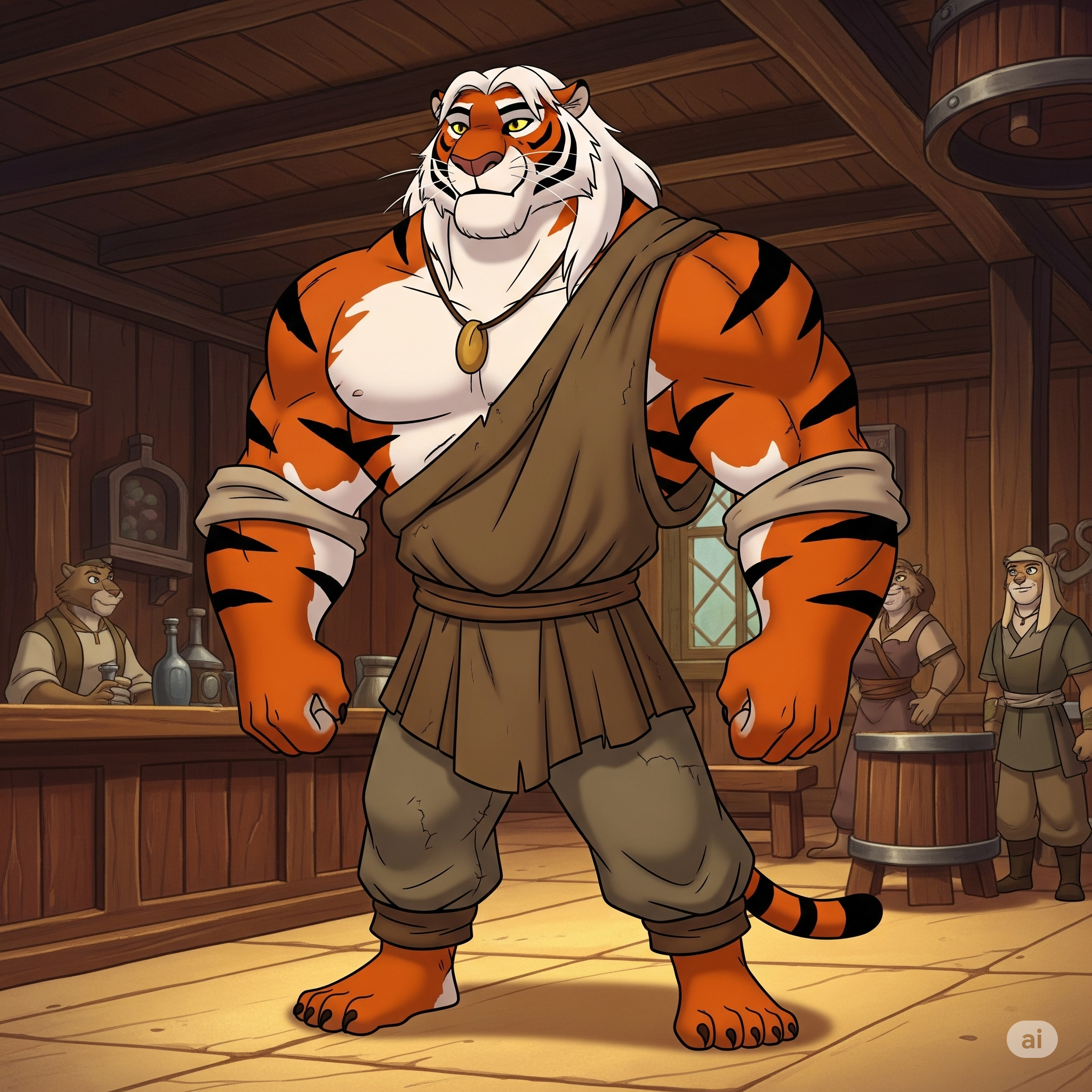

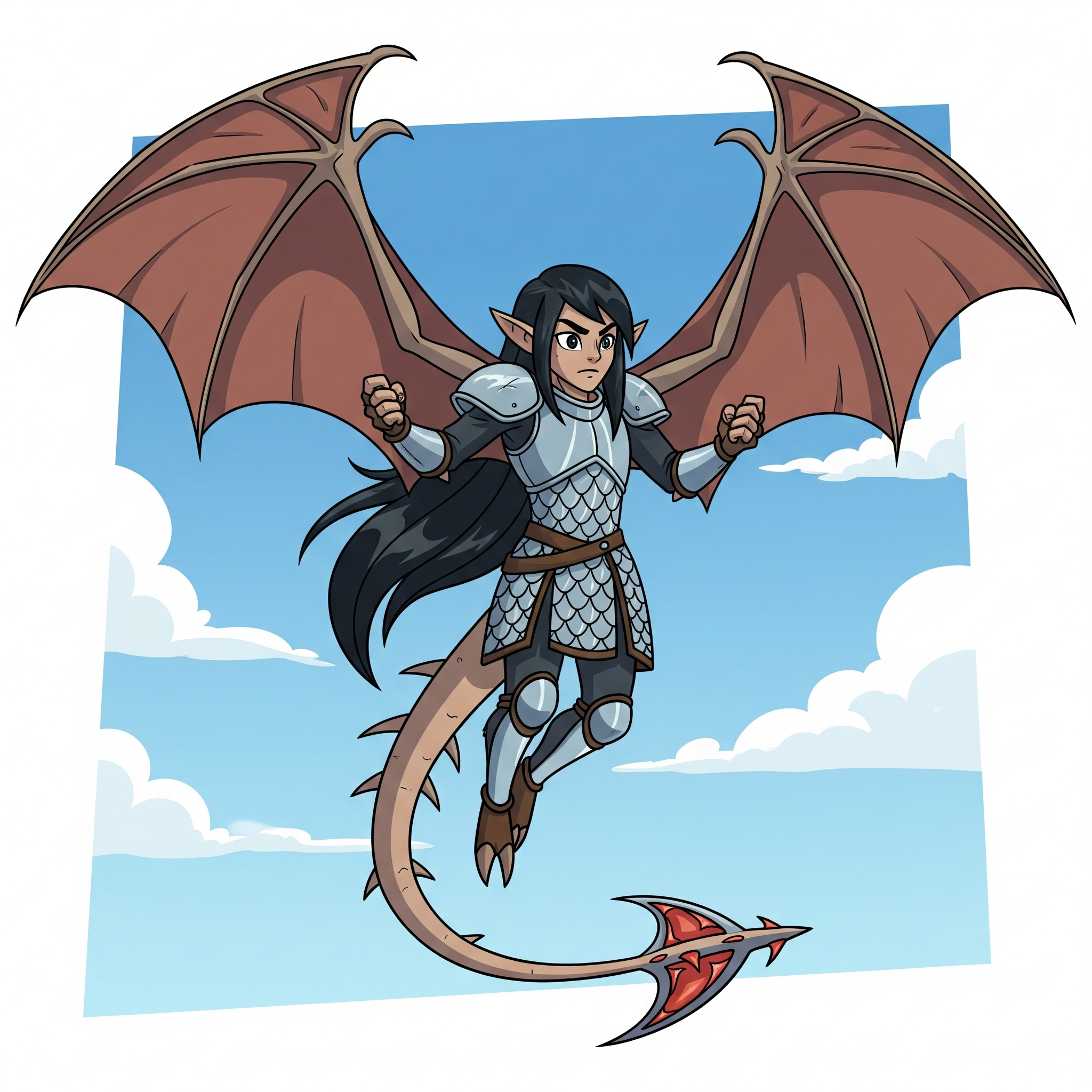






On the vibrant, verdant world of Leslie, bathed in the gentle light of its twin suns, there once lived the Alv—a tribal people whose existence was as intertwined with the natural world as the roots of the ancient goldenwood trees they revered. With skin the color of polished brass and a stature that towered between human and true giant, they were a race of half-giants and half-humans, known for their peaceful, nomadic existence. The Alv were not builders of cities but of song, their history and lore woven into the oral traditions passed down through generations. They lived in harmony with the fauna of Leslie, herding the massive, docile shruuk and gathering the luminous fungi that grew in the shadowed caves. Their society was matriarchal, guided by elders who drew wisdom from the rhythms of the seasons and the seasonal energies of the land.
This tranquil existence was shattered with the arrival of the Zen. Hailing from a super massive water planet, the Zen were a species of pure intellect and cold, unfeeling logic. Their ships, sleek and obsidian, blotted out Leslie's suns, casting long, synthetic shadows over the goldenwood forests. The Zen's technology was far beyond anything the Alv could comprehend. While the Alv fought with spears tipped with obsidian and shields of hardened bark, the Zen responded with silent, shimmering energy barriers and drones that harvested resources with surgical precision. It was not a battle, but a slaughter. The Alv's courage was their undoing; their unwavering defense of their homeland only led to a swifter, more efficient eradication. Their sacred groves were razed for Zen mining operations, and their rivers were diverted to power vast, humming factories. The Zen were not conquerors in the traditional sense; they were engineers, repurposing a vibrant ecosystem into a sterile, efficient machine.
In the aftermath of the Zen's arrival, the Alv were scattered, a broken people adrift on their own world. They were stripped of their nomadic freedom and relegated to desolate, resource-poor regions—zones of minimal Zen interest. To the other indigenous species of Leslie, the Alv became a painful reminder of a world they had lost and a fate they barely avoided. Other peoples, once neighbors and trading partners, now looked upon the towering Alv with a mix of fear and resentment. The Zen's propaganda was effective, painting the Alv as a primitive, stubborn species whose futile resistance brought the destruction that befell them all. This resentment isolated the Alv further, forcing them into a solitary struggle for survival against both their alien oppressors and the cold indifference of their former allies. They have become ghosts in their own land, their golden skin now dulled by the ever-present dust of Zen industry.
Yet, a flicker of the old Alv spirit remains. They have learned to survive on the fringes, their traditions evolving to fit their harsh new reality. The songs of their ancestors now tell tales not just of harmony but of resilience and defiance. The Alv endure, a testament to the fact that while a world can be captured and a history can be rewritten, the spirit of a people, once golden, can never truly be extinguished. They are a constant, living challenge to the Zen's soulless order, and a quiet, desperate hope for the future of Leslie.
In the annals of galactic history, few races are as paradoxical as the Humans. One of the oldest races known to the cosmos, their story is one of both unparalleled ascendancy and cataclysmic defeat. Their legacy is not merely etched in the stars they once commanded, but in the unique and tenacious culture they have forged in exile on the trophy planet of Leslie.
The Humans are, at their core, an intensely industrious people. Their innate drive to build, to create, and to innovate was the engine of their original golden age. They once commanded a technological empire of staggering complexity, crafting marvels of engineering and science that were the envy of all other races. Their cities were sprawling, self-sustaining habitats that floated among the nebulae, and their fleets were a testament to their mastery of both matter and energy. This era of prosperity and expansion was a direct result of their relentless work ethic, a defining trait that has persisted despite the great trials they have faced.
However, no amount of technology could prepare them for the devastating onslaught of the Zen. The conflict was swift and brutal, culminating in a total rout of the Human forces. Their once-great empire crumbled, and the remnants of their civilization were gathered and relocated to the trophy planet of Leslie. This world, a unique celestial body teeming with life and resources, was designated as a sanctuary for the surviving races defeated by the Zen. On Leslie, the Humans now live as a humbled but not broken people, sharing the world with five other disparate races, each with their own story of defeat.
Physically, the Humans are indistinguishable from the human form in our own reality. They are bipedal, with an average height and build, and a range of skin, hair, and eye colors. This seemingly ordinary appearance belies a remarkable resilience and adaptability that has been crucial to their survival. Despite their defeat, their innate capabilities remain undiminished. They are a profoundly capable race, quick to learn, and skilled in a variety of disciplines, from crafting intricate tools to navigating complex social dynamics.
Perhaps the most fascinating aspect of the Human race is their natural, inexplicable luck. It is a cosmic paradox that a race so utterly defeated could also possess such a profound streak of good fortune. It manifests not as a guarantee of victory, but as an uncanny ability to find the right solution at the right time. A misfired experiment might accidentally reveal a breakthrough, a desperate search for resources might stumble upon a hidden cache, or a tactical blunder might inadvertently lead to an unforeseen advantage. This inherent luck, combined with their industriousness and resilience, has ensured their survival and has made them a surprisingly potent force on Leslie.
In the end, the Humans of Leslie represent a race reborn from the ashes of their former glory. They are a testament to the enduring power of hard work, an unwavering spirit, and a touch of cosmic luck. Their story is a reminder that even after the greatest of falls, a capable and resilient people can always find a new way forward.
The Len were once a species defined by flight and intellectual ascendancy, their physical form a testament to both grace and power. With strong, long bird-like wings extending from their humanoid bodies, they were masters of the air, capable of soaring for days on end without fatigue. This physical dexterity was mirrored in their mental prowess, culminating in a civilization of immense technological achievement. At the heart of their society lay a powerful AI ruler, a benevolent and all-knowing mind that guided their progress and ensured their prosperity. This symbiotic relationship between biology and technology forged a proud and vibrant culture, one that believed it was destined to rise forever.
This age of enlightenment, however, was shattered by the brutal arrival of the Zen. Though the Len were formidable warriors, their natural aerial superiority and advanced weaponry could not withstand the relentless onslaughts of an enemy bent on total subjugation. The conflict was a valiant but ultimately futile struggle, a desperate defense of a culture that had never known true defeat. With each passing battle, the Zen methodically dismantled the Len's cities, their technological infrastructure, and, most devastatingly, their AI ruler. The once-proud civilization was not just conquered; it was annihilated, its history reduced to a tragic memory of what was lost.
Now, the remnants of the Len species exist as a living monument to their conquerors' might. Relocated to the trophy planet Leslie, they are forced to share a new, controlled world with five other intelligent species. Under the ever-watchful and ruthless rule of the Zen, the Len retain their distinct cities but are shadows of their former selves. Their advanced technology is a distant echo, replaced by a forced, primitive existence. Yet, in their cultural memory, they carry the schematics of their great AI ruler, a whispered promise of reclamation. They compete for resources and space on this new world, but their true struggle is a silent one: the tireless, hopeless effort to rebuild what the Zen took from them.
The Len's current existence on Leslie is a perpetual test of their spirit. Stripped of their technological advantages, they cling to their vibrant history and the distant hope of resurrecting their AI. They are a caged species, their wings now a symbol of both their past freedom and their current imprisonment. The Zen's ruthless oversight ensures that all attempts to reclaim their former glory are met with swift and brutal reprisal, but this repression only fuels their defiance. The Len's quest to rebuild their AI is not merely a technological endeavor; it is an act of cultural rebellion, a quiet testament to their refusal to be permanently silenced. It is a hope that, one day, the echoes of their broken empire will not just be heard, but will once again take flight.
Among the diverse races brought to the trophy planet of Leslie, the Ren stand out as a species of captivating duality. They are at once formidable warriors and joyful, convivial beings, a testament to the complex nature of a people who have survived immense trauma. Their history is largely a mystery, but their present on Leslie is defined by their immense physical prowess and their vibrant, outgoing culture.
The Ren are a humanoid species with a distinctly feline appearance, most closely resembling tigers. They are covered in a dense, striped fur that not only gives them a unique beauty but also serves as a practical adaptation, allowing them to thrive in the coldest climates of their new home. Physically, they are a marvel of natural evolution, built for speed and agility. Their hands are tipped with formidable, retractable claws, and their athletic grace is evident in every movement. A key biological advantage is their ability to see perfectly in the dark, a trait that makes them natural hunters and master trackers in any environment.
While their physical form makes them natural hunters, their true renown comes from their prowess in combat. The Ren are exceptional warriors who excel in dexterous feats and hand-to-hand combat. Their fighting style is a whirlwind of powerful strikes, nimble dodges, and acrobatic maneuvers, using their claws to great effect. This mastery of close-quarters fighting, combined with their athletic feats, makes them one of the most feared and respected martial races on Leslie.
Despite their fierce reputation, the Ren are a surprisingly social and boisterous people. They enjoy life to its fullest and are known throughout Leslie for their love of song and dance. They are an outgoing species that thrives on companionship and celebration, often gathering to share drinks and stories filled with laughter. This cultural warmth serves as a counterpoint to their more intimidating physical presence, making them complex and approachable to those who take the time to know them.
Like many on Leslie, the Ren’s home was lost to the Zen. Though the specifics of their conflict and the location of their original planet remain unknown, it is clear that they, too, were quickly and decisively defeated. They were then relocated to Leslie to live alongside five other defeated races. This shared experience of defeat, however, does not define them. The Ren focus on the present, using their formidable capabilities to secure their place on Leslie and their love of life to build strong bonds with others.
In the end, the Ren are a testament to the power of a people who have found a new way to thrive. Their story on Leslie is one of a perfect blend of power and joy. They are a race that balances the fierce instincts of a hunter with the communal heart of a storyteller, creating a culture that is as captivating as it is formidable.
Of the many defeated races now residing on the trophy planet of Leslie, the Slen are perhaps the most mysterious. A humanoid lizard species with a deeply ingrained sense of duty and a social structure defined by unwavering loyalty, their history is one of quiet wisdom, unexpected decimation, and resilient survival. Though they are a shy and reclusive people, their contributions to the ecosystem and society of Leslie are profound.
Before their arrival on Leslie, the Slen inhabited a remote planet shrouded in dense mist and ancient forests. Their society was a marvel of medieval-era craftsmanship and intellectual pursuit, focused on a deep understanding of natural processes and the artifacts of a forgotten past. They are a slim and graceful people, with lithe frames that make them uniquely suited for both swift movement and the serene stillness of meditation. A key aspect of their biology is their ability to breathe underwater, a trait that allowed them to build and thrive in the vast, subterranean lakes and rivers of their homeworld. Their intelligence and wisdom were highly revered, and their artisans were unmatched in their ability to manipulate old technology and understand the intricacies of ancient artifacts.
The tranquil existence of the Slen came to a sudden and brutal end with the arrival of the Zen. Though the Slen were masterful in their intellectual and technological pursuits, their medieval-era defenses were no match for the advanced military might of the Zen. Their defeat was swift and complete, and like the Humans, the remnants of their civilization were relocated to Leslie. Here, they share the planet with five other defeated races, each with their own story of a lost home.
On Leslie, the Slen have maintained their unique social structure, centered around a clear hierarchy with a revered King and Queen. This leadership is not merely ceremonial; it is the core of their unity. As a naturally shy and protective race, the Slen stick together, forming tight-knit communities that prioritize the safety and well-being of their people. They are fiercely devoted to their monarchs, protecting them with a sense of honor that is paramount to their culture. This loyalty and solidarity have been crucial to their continued existence in a new and unfamiliar world.
Despite the trauma of their defeat, the Slen are defined by a remarkable tenacity. They are known for their unwavering resolve, refusing to surrender even in the face of ultimate decimation. This trait, combined with their intelligence and wisdom, has made them invaluable on Leslie, where their knowledge of ancient technology and their ability to salvage and repurpose old artifacts have been a great asset to all the races. The Slen may be quiet, but their resilience and intellectual prowess are a silent testament to the enduring spirit of their people.
In the end, the Slen are a race defined by a contradiction: their quiet demeanor and their unyielding will. They are a living library of forgotten knowledge and a symbol of quiet strength in the face of insurmountable odds. Their story on Leslie is one of adaptation, fierce loyalty, and the quiet power of a people who never truly give up.
The Vespa, a reclusive and enigmatic humanoid species, presents a fascinating subject for xenological study, defined as much by what is known of their biology and culture as by the vast gaps in their history. Originating from an unnamed planet where they dwelled in labyrinthine cave systems, the Vespa are now found exclusively on the "trophy planet" of Leslie, a relic of their subjugation by the all-conquering Zen. Their unique blend of physical fragility, natural dexterity, and profound isolation paints a portrait of a species struggling to maintain its identity in a foreign world.
Physically, the Vespa are a study in contrasts. They possess a frail, slender humanoid form that appears ill-suited for physical confrontation. This seeming weakness, however, is offset by their extraordinary dexterity and a natural aptitude for long-ranged combat. Their bodies are adapted for a life of stealth and agility, traits honed during their nocturnal existence. Most striking are the bat-like wings and a long, prehensile tail tipped with a poisonous barb, which serves as both a formidable defense mechanism and a quiet deterrent. These features speak to a pre-conquest existence shaped by a need for swift, silent movement and effective, non-confrontational defense against predators or rivals in their native cave systems.
Culturally, the Vespa are deeply private and insular. Before the Zen's intervention, they were a nomadic people, moving perpetually from one subterranean network to another, only emerging from their caves under the cover of night. This deep-seated connection to their natural environment persists even on Leslie, where they instinctively seek out and inhabit the planet's native cave systems. Their society is defined by this isolation; most of the species remains secluded, with only a few individuals venturing forth into the broader world. This reclusiveness, while a core part of their identity, has contributed to the lack of historical records, making it difficult for scholars to understand their pre-conquest civilization.
The defining moment in Vespa history is their subjugation by the Zen. Known for their expansive and ruthless empire-building, the Zen conquered the Vespa and relocated them to Leslie. The designation of Leslie as a "trophy planet" is a poignant detail, suggesting the Vespa are not seen as citizens or even subjects, but as a prized possession to be displayed. This forced relocation severed them from their ancestral home and shattered whatever cultural and historical traditions they may have had. It is this act of conquest that has left the greatest void in the historical record, as the Zen did not preserve or document the culture of the species they so casually relocated.
In conclusion, the Vespa are a compelling species, a testament to the resilience of a culture even in the face of near-total annihilation. Their physical form, tailored for a subterranean and nocturnal existence, and their inherent social isolation are traits that have persisted through a traumatic history of conquest and relocation. The mystery surrounding their pre-Zen existence is a tragic reminder of what was lost. Today, the Vespa continue to embody a quiet dignity, clinging to the shadows and the solace of the caves, remnants of a world that is now just a distant memory.